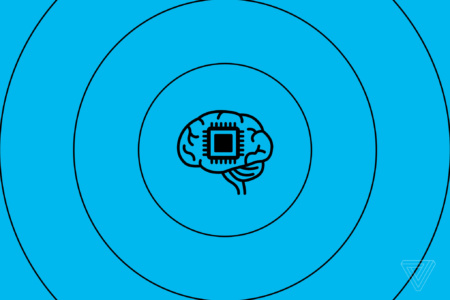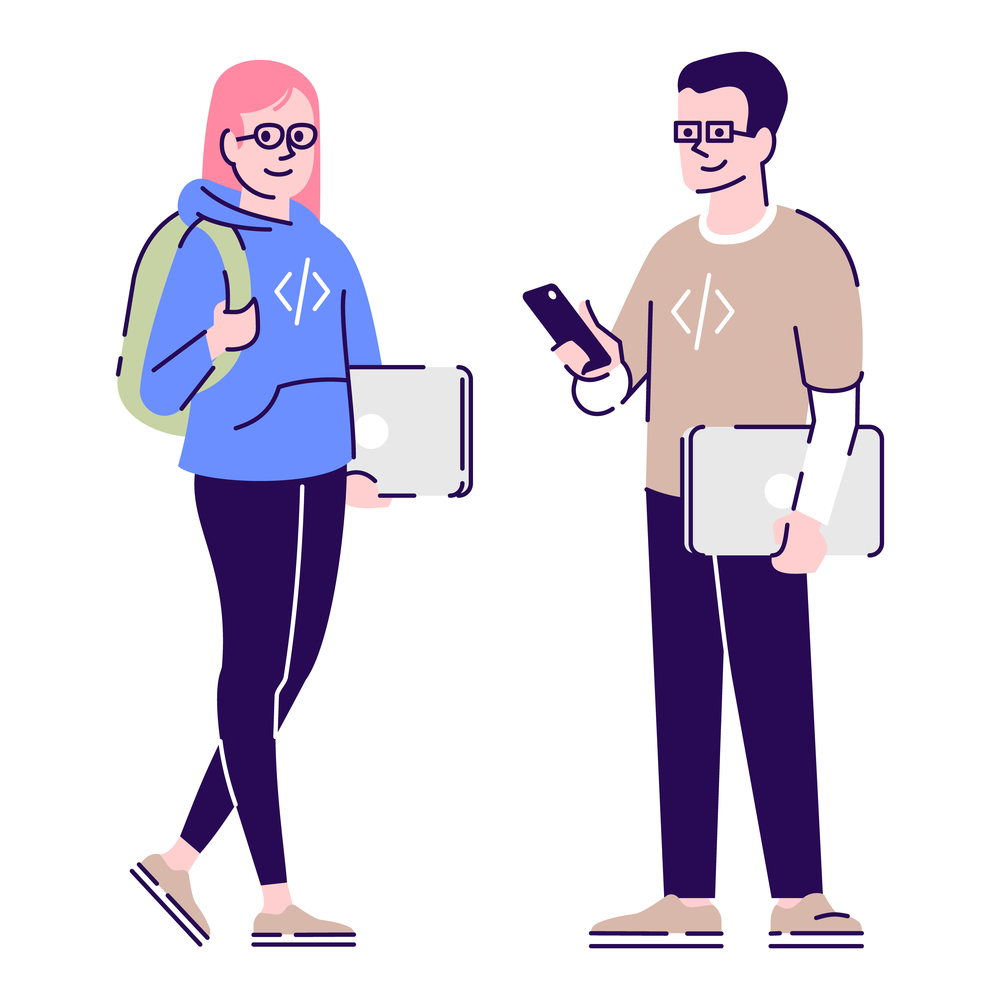
The U.S. District Court has confirmed that artificial intelligence systems cannot patent inventions because they are not human. The decision marks the latest setback in a series of legal battles by computer scientist Steven Thaler to copyright and patent the results of various AI software tools he has created.

In 2019, Thaler failed to copyright an image on behalf of an AI system he called the Creativity Machine. This decision was upheld following an appeal by the US Copyright Office in 2022. In a parallel case, the US Patent Office ruled in 2020 that Thaler’s DABUS AI system could not be the legitimate inventor because it is not an “individual”. This decision was then upheld by a judge in 2021. Now the federal district court has once again confirmed this decision.
In the court’s conclusion, Judge Leonard P. Stark notes that, at first glance, one might think that deciding this case would require “an abstract examination of the nature of the invention or the rights, if any, to AI systems.” However, according to Stark, such “metaphysical questions” can be avoided simply by analyzing the text of the Patent Act.
The Patent Law clearly states that only people can own patents. The law refers to patent holders as “natural persons”. This term, according to the decision of the Supreme Court, “usually means a person, a person” (following “how we use this word in everyday language”). In addition, the law operates with personal pronouns – “herself” and “self.” Therefore, the Law does not allow “non-human inventors.”
“Patent law requires inventors to be natural persons, that is, human beings,” Stark writes.
The ruling reaffirms the status quo of AI patent law in the US and bolsters slowly consolidating international legal opinion. In recent years, both the EU Patent Office and the Australian High Court have ruled similarly (although in Australia a federal court initially ruled in favor of AI as patent holders).
But Thaler does not give up and intends to appeal the decision of the district court, criticizing its “narrow and textual approach” to the Patent Act.
Source: The Verge





